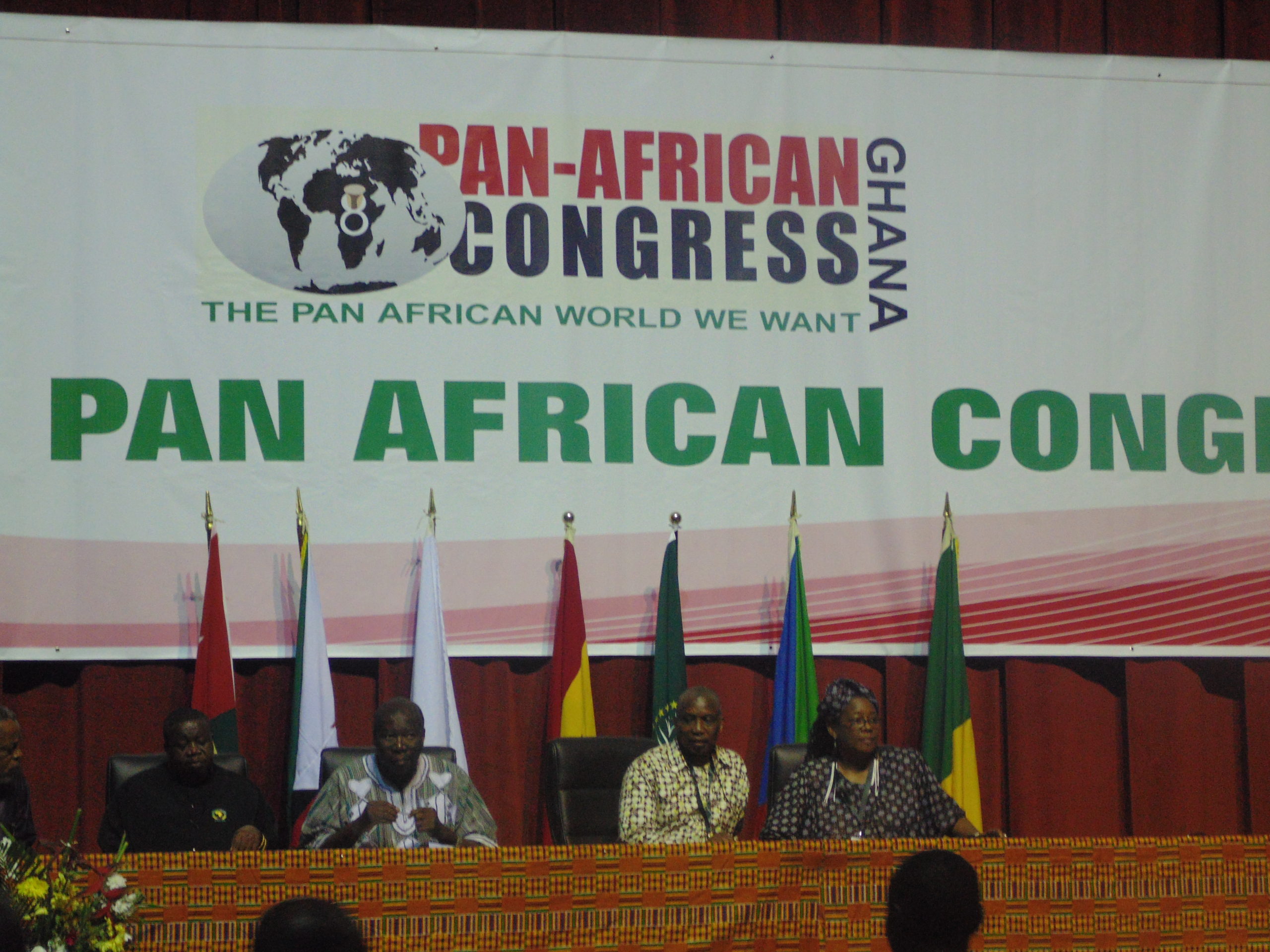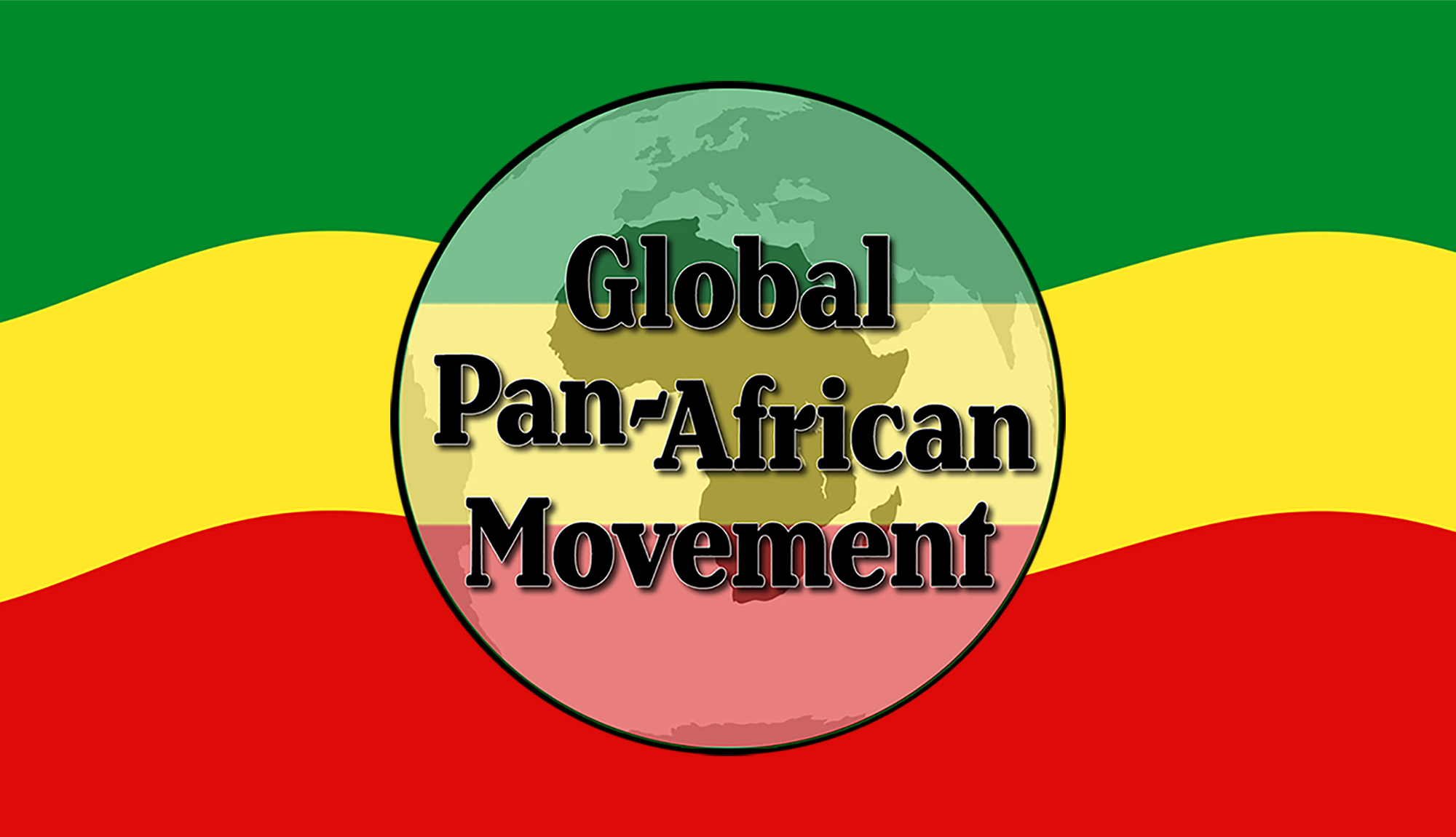At the end of the day, Professor Micere Mugo was a quintessential daughter of the African soil by birth and a true global Pan Africanist by inclination. Sister Micere joined the ancestors in Syracuse, New York, on June 30, 2023, many miles/kilometers from her place of birth in Kenya. She traveled the world extensively both by choice and circumstance to Uganda, Zimbabwe, South Africa, England, Canada, South Africa, with undiminished passion seeking ways to address issues that pertain to justice and injustice, education and gender exclusion, sexism, misogyny, homophobia, xenophobia, racism, poverty, economic deprivation and disparity.
Micere took her credo of liberation from her own lived experience in Kenya as well as other Black people around the world, who had been subjected to class, racial, and gender exclusion by European colonial administrations and their expatriate kin. She was also inspired by the gallant struggle and resistance waged by various freedom fighters around the world, who saw colonialism for what it was: hegemony, domination and exploitation.
Armed with this awareness and consciousness, Micere pursued higher education at the University of Makerere in Uganda, and graduate studies at the University of New Brunswick in Canada. After her advanced college studies, Micere went back to Africa and taught at the University of Nairobi and later at the University of Zimbabwe. During her tenure at these two Universities, she proved to be an outstanding professor by making outstanding contributions to the education mission of these Universities.
When Micere moved to the USA and joined the Department of African American Studies (AAS) at Syracuse University in 1992, she brought with her the same kind of dedication and commitment to teaching and pedagogy she displayed at her previous institutions by offering a wide range of undergraduate and graduate programs. While engaged as a teacher and administrator during her time in the Department of African American Studies, Micere continued to be a productive scholar, including authoring six books and four monographs, as well as editing eight supplementary school readers and the journal Third World in Perspective (Third World Conference Foundation). She is also known for Writing and Speaking from the Heart of my Mind: Selected Essays and Speeches (2012).
Beyond being a gifted intellectual and an incredibly productive professor in the AAS department at Syracuse University, Micere co-founded and helped build what has become a very successful Pan Africanist Movement in the central New York State region. In the process, she became the second president after two terms of Brother Rubama. The important fact of the organization was its push to develop organizational competence with clear procedures, accountability, standing committees with record keeping. PACCNY undertook to liaise with all of the African and Black communities in Syracuse, in its outreach, especially at a moment when there was an influx of African refugees being resettled in the Central New York area.
PACCNY stood beyond any national group and served the larger community with its signature activities during Black History Month, observation of Juneteenth, African Liberation Day and Global Africa Unity Day. PACCNY under the leadership of Sister Micere stood in solidarity with the forces for peace and social justice, collaborating with the Syracuse Peace Council, Syracuse Cultural Workers and the Interfaith workers. These organizations shared the ideas of PACCNY to affirm the dignity of each person and every faith tradition, build racial and religious equity, and create bridges of understanding among us.
Additionally, Micere framed, reaffirmed, and spearheaded the agenda to: (1) increase the political unity among African people across the globe; (2) explore strategies to support to people facing injustice; (3) create independent mechanisms inter-communication and exchange of information among African people; (4) bring together people of African origin in Syracuse and Central New York with a view to enhancing unity and co-operation among/between them; (5) foster activities that help people of African origin in Syracuse and Central New York enhance their educational, socio-cultural and economic goals; (6) provide a platform for the exploration of the connections that bond people of African origin, historically, politically, and culturally in an attempt to create bridges of understanding between them; (7) promote the interest of people of African origin in Syracuse, Central New York, USA, and around the world; (8) initiate and host cultural activities that imprint a strong, dignified presence of people of African origin in celebration of a historical heritage of resistance and struggle.
Without a doubt, Micere found a recipe that allowed the movement to be successful. That recipe included continually rethinking and reshaping what Pan Africanism meant to local people and the global community in general. For our Pan African community, Micere’s work, and dedication generated a renewal of commitment to organize and mobilize our manpower and skills for the betterment of African people across global Africa. However, her passing begs the question: where should we place Micere in our mind’s eye and memory of her life? She obviously belongs in our shiniest room, made of marble. For her passing is no more than a turning of her over from time to eternity. Sister Micere was not only a revolutionary academic, cultural worker, and community organizer, but her position in promoting the significance of African knowledges and lived experiences has made her a fierce advocate in the philosophes and praxis of epistemological principles such as Utu.
The Global Pan African Movement, North America Delegation will forever celebrate her life and cherish the memories of her fierce loyalty, unwavering convictions, and deep, faithful love for humanity or Bantu, as African people might put it.



